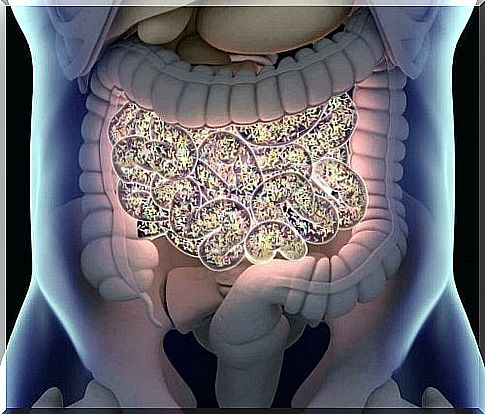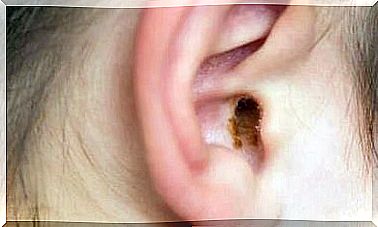Benefits Of Microbiota Benefits

The main beneficial carbohydrates for the microbiota (MAC) are types of carbohydrates that are resistant to digestion. In fact, various studies have associated them with a rich microbiota and better overall health.
Carbohydrates beneficial for the microbiota
Beneficial carbohydrates for the microbiota are indigestible polysaccharides that feed the beneficial bacteria in the intestines. Most are soluble fibers. The term “fiber” refers to carbohydrates that are resistant to digestion and absorption. They are able to reach the large intestine intact. There, the microbiota has the possibility to ferment them to feed.
Unfortunately, not all fibers can be fermented. Therefore, not all fibers are useful for the microbiota. This property, fermentability, is attributed only to soluble fibers. This means that they can retain water. The soluble fibers swell and can form viscous gels in the intestine.

Insoluble fibers cannot be fermented or can only be fermented very slowly. However, despite the lack of this property, insoluble fiber is just as beneficial for the body. In general, their main feature is the ability to clean the intestines, removing waste from their walls.
Insoluble fiber increases stool volume and accelerates intestinal transit.
Carbohydrates beneficial to the microbiota must be fermentable. Why?
In general, the fermentability of carbohydrates is of major importance. The only way a healthy microbiota can feed is by pre-fermenting them. Without fermentation, beneficial microorganisms could not survive and multiply. Then the pathogens would become stronger and attack the body.
Also, the fermentation is a fundamental process for the microbiota, by which it produces substances such as short chain fatty acids. They have nutritional, trophic, metabolic, immunizing and anti-inflammatory effects.
Benefits of carbohydrates that feed beneficial intestinal bacteria
- Intestinal benefits. Healthy microorganisms can improve and stabilize the integrity of the intestinal wall. They also improve intestinal transit.
- Anti-inflammatory effects. The microbiota is able to produce substances with great anti-inflammatory power. Among these substances we highlight butyric acid, because it is particularly important. Also, remember that chronic cellular inflammation is the first step towards the onset of many diseases. These include Alzheimer’s disease, cancer, diabetes, cardiovascular disease, premature aging and obesity, among others.
- Trophic effects. Fermentation of carbohydrates is essential for the microbiota and to provide the body with nutrients. These include short-chain fatty acids, such as vitamins K and B12, biotin and folic acid.
- Immunomodulatory properties. A healthy microbiota is able to stimulate the intestinal immune response to improve some of the body’s natural defenses. These include IgA antibodies, macrophages, natural killer cells, T cells, interferon and interleukins. The microbiota also synthesizes components with antimicrobial action.
- Neuropsychic properties. A healthy gut microbiota and low gut permeability are the key to enjoying better mental health.

Carbohydrate-rich foods beneficial to the microbiota
beneficial carbohydrates for the microbiota
- , chia seeds, tomatoes and flax.
Conclusion
In general, to have a healthy microbiota and enjoy a good general condition, it is not enough to have beneficial microorganisms in the intestines. We need to take care of the intestinal flora every day by consuming carbohydrates that are beneficial to the microbiota.









